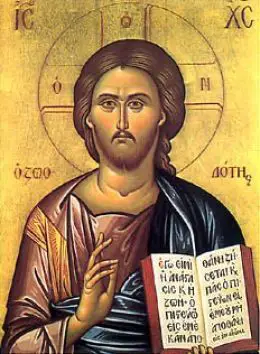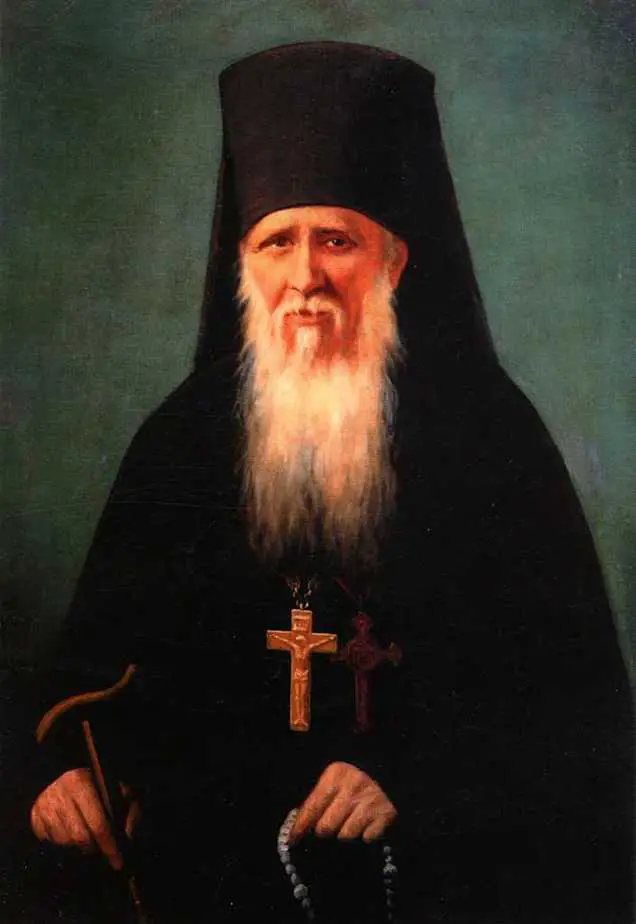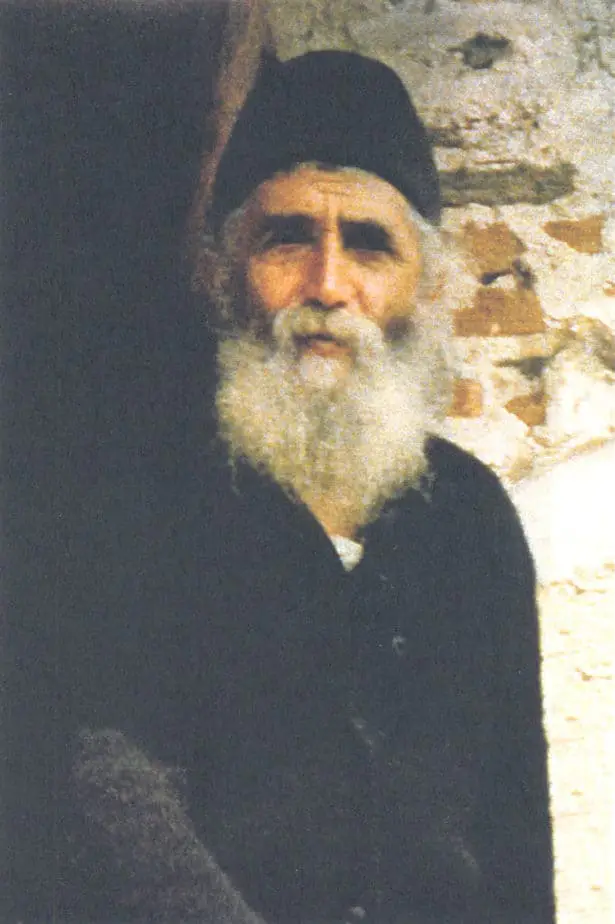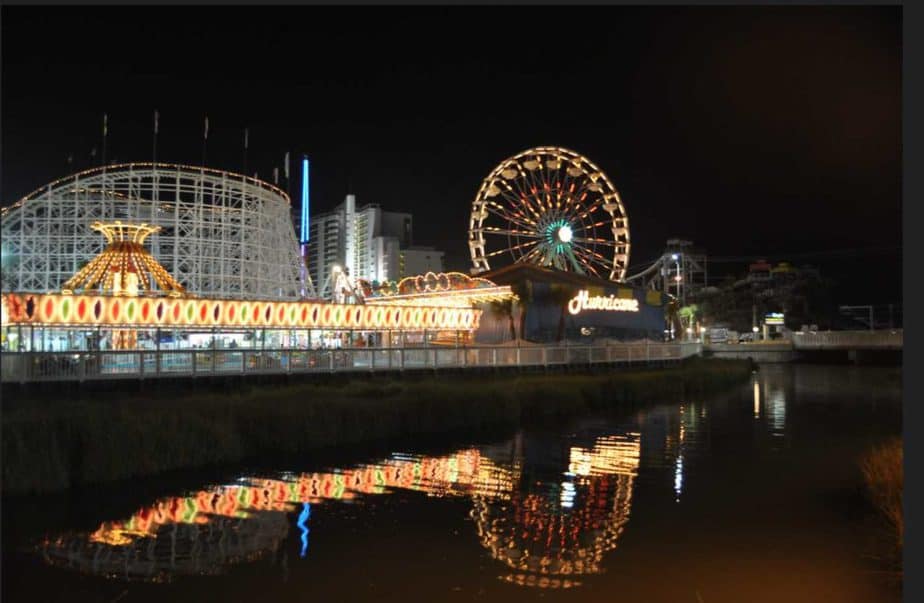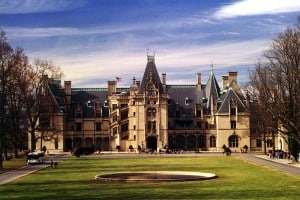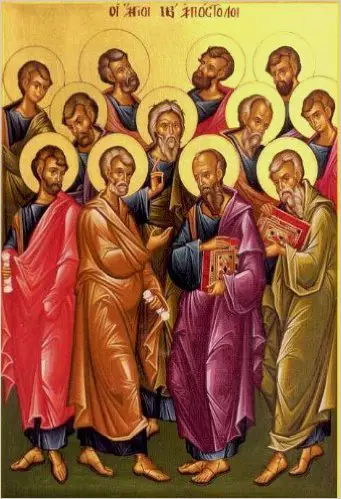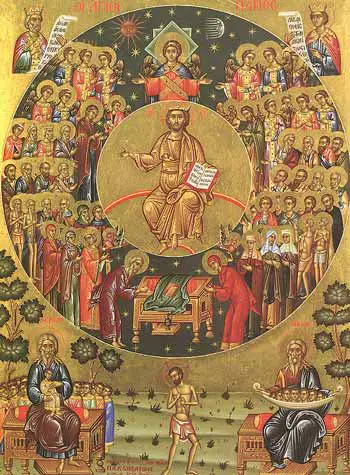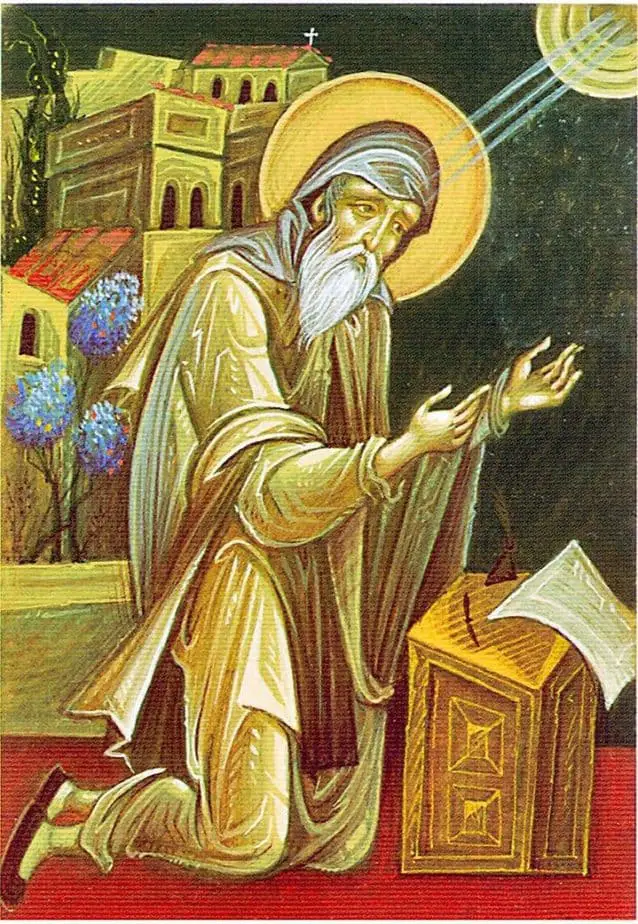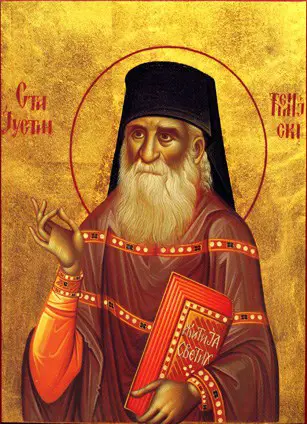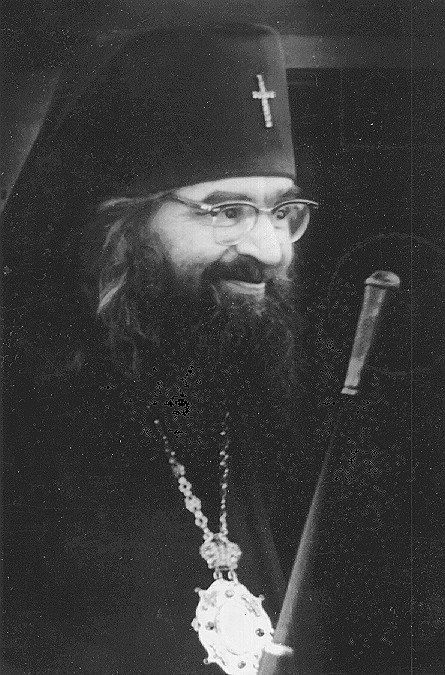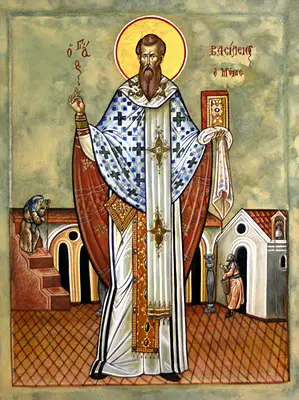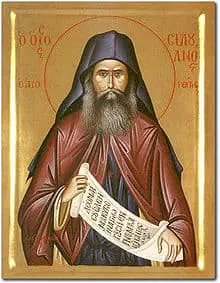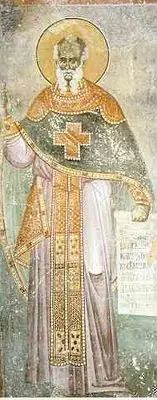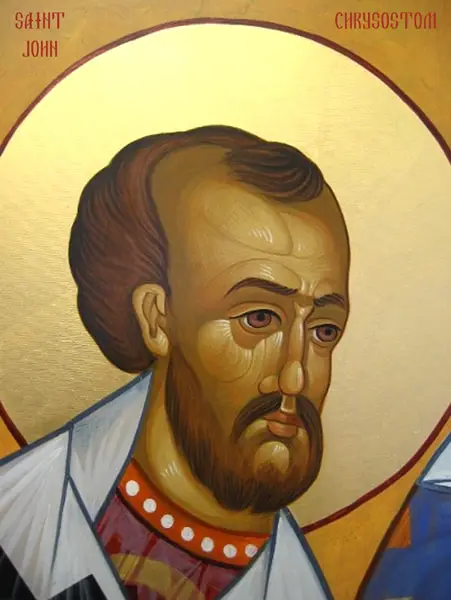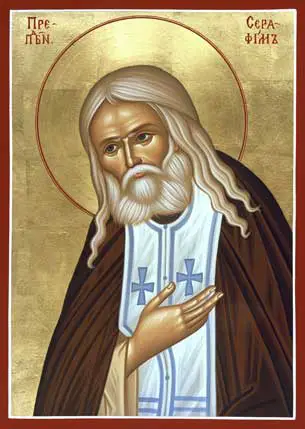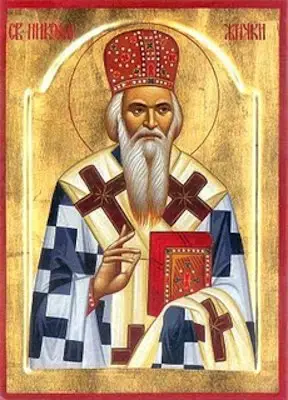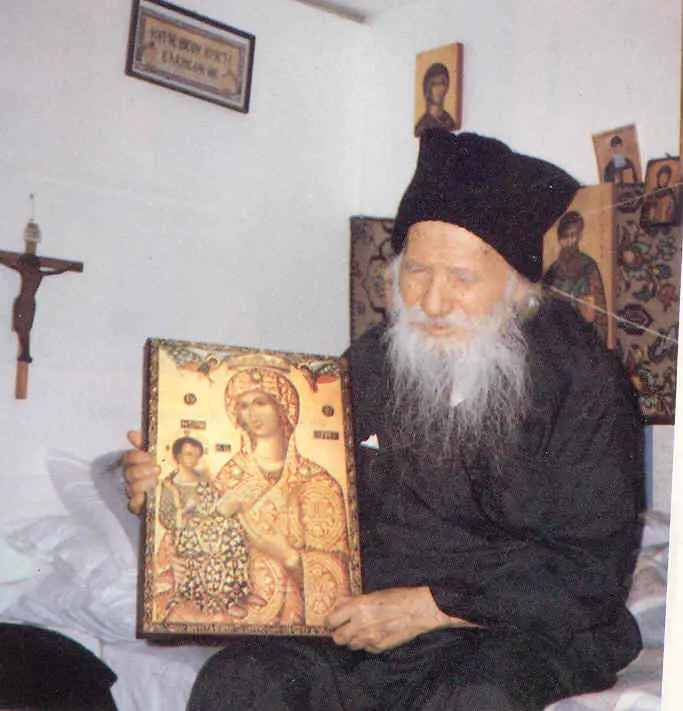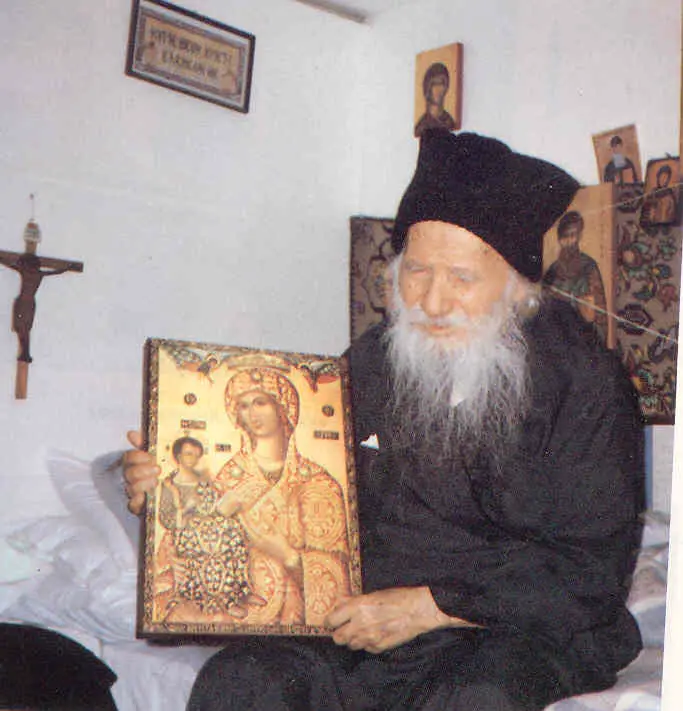St. Neilos the Ascetic: . . .Rivalry over material possessions has made us forget . . .
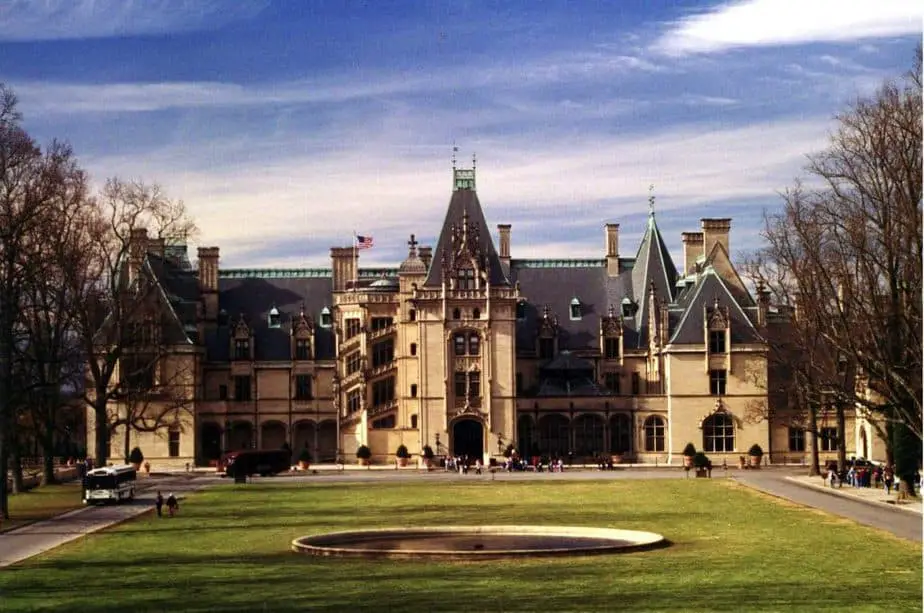
So we no longer pursue plainness and simplicity of life. We no longer value stillness, which helps to free us from past defilement, but prefer a whole host of things which distract us uselessly from our true goal. Rivalry over material possessions has made us forget the counsel of the Lord, who urged us to take no thought for earthly things, but to seek only the kingdom of heaven (cf. Matt. 6:33). Deliberately doing the opposite, we have disregarded the Lord’s commandment, trusting in ourselves and not in His protection. For He says: ‘Behold the fowls of the air: for they do not sow or reap or gather into barns; yet your heavenly Father feeds them’ (Matt. 6:26); and again: ‘Consider the lilies of the field, how they grow; they do not toil or spin’ (Matt. 6:28). When He sent the apostles out to declare the good news to their fellow men. He even forbade them to carry wallet, purse or staff, and told them to be content with His promise: ‘The workman is worthy of his food’ (Matt. 10:10). This promise is to be trusted far more than our own resources.
Despite all this we go on accumulating as much land as we can, and we buy up flocks of sheep, fine oxen and fat donkeys – the sheep to supply us with wool, the oxen to plough and provide food for us and fodder for themselves and for the other animals, the donkeys to transport from foreign lands the goods and luxuries which our own country lacks. We also select the crafts which give the highest return, even though they absorb all our attention and leave no time for the remembrance of God. It is as if we accused God of being incapable of providing for us, or ourselves of being unable to fulfill the commitments of our calling. Even if we do not admit this. openly, our actions condemn us; for we show approval of the ways of worldly men by engaging in the same pursuits, and perhaps working at them even harder than they do.
+ St. Neilos the Ascetic, “Ascetic Discourse,” The Philokalia: The Complete Text (Vol. 1)

